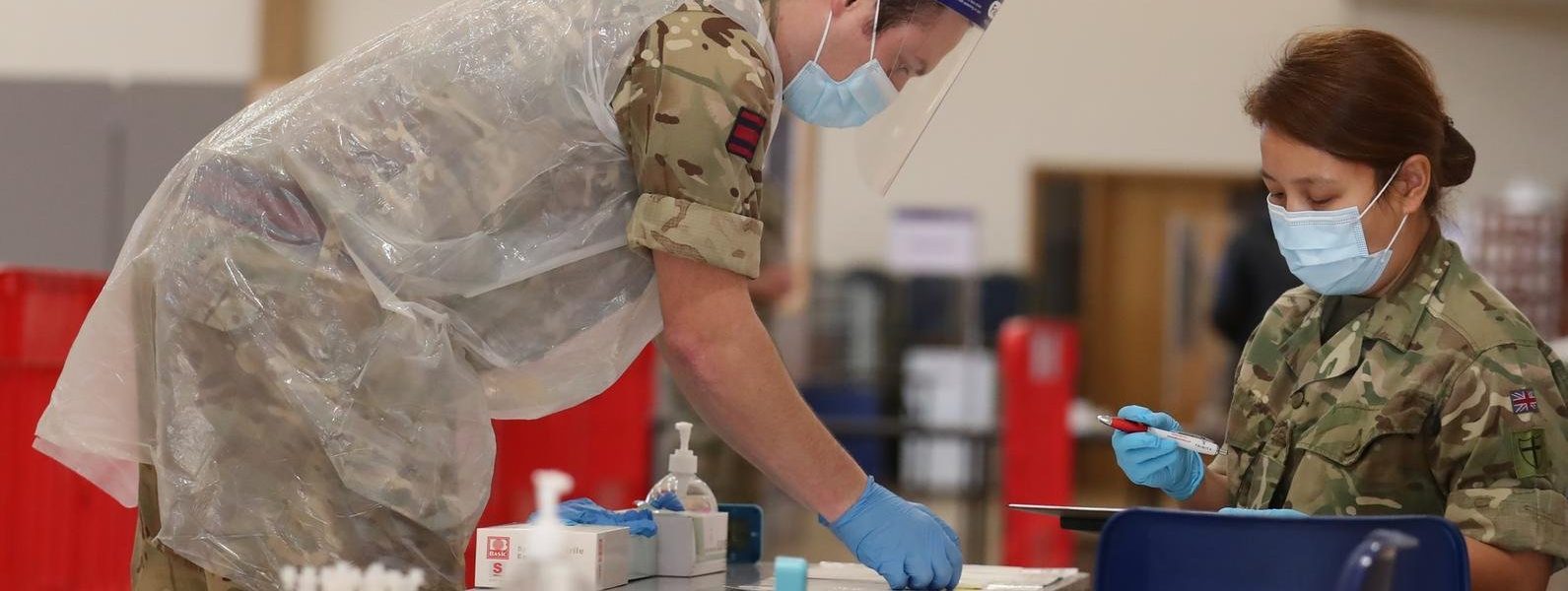US-based Paraytec aims to take COVID-19 test to global market
US-based academics are developing a test which could help to control the global spread of COVID-19.
Braveheart Investment Group has published an update concerning progress to develop a COVID-19 test that Paraytec Limited is working on in conjunction with the University of Sheffield.
In clinical validation studies, a total of 39 COVID-19 positive and 13 COVID-19 negative patient nasal swab samples have been used in a comparator PCR test to determine the viral load in each sample.
Virus containing samples corresponding to the load distribution have been transferred to Paraytec’s newly developed Viral Transport Medium to test the laboratory performance of Paraytec’s photonics-based test.
The statement added: “Using a maximum cycle threshold (Ct) value of 37, Paraytec’s q-PCR testing regime has a sensitivity and specificity of 97.4% and 100% respectively. In the laboratory, the Paraytec test achieved 94% sensitivity and 100% specificity. Importantly, these results correspond to clinical samples with viral loads of approximately 100,000 virions per millilitre or less.”
This outcome is important because it demonstrates the ability of the Paraytec test to identify people with relatively low viral loads – many of whom would be asymptomatic individuals or those with early stage infection.
The results demonstrate the potential performance advantage of the Paraytec test over lateral flow tests, which have only shown high levels of sensitivity in clinical samples with relatively high viral loads.
The statement added: “The team will now take this data to commercial partners and potential licensees, who have requested this information. As previously stated, over the next three months, Paraytec plans to conduct a longitudinal clinical study (where patients are monitored over time).
“Paraytec is seeking manufacturers and licensees to take the product to the global market. With regard to the first product manufacture, Paraytec now expects that it will be approximately six months after contractual engagement with a manufacturer.
A spokesman for the team at the University of Sheffield, commented: “We are very pleased with this latest data, which is based on the most recent design iteration of our signal generation module. Further improvements in performance sensitivity are already in the design pipeline for the sample acquisition element of the test.”
Support The Fond News and become a subscriber today. Your subscription will help us to continue to bring quality news to the people of US. In return, you’ll see fewer ads on site, get free access to our app and receive exclusive members-only offers. Click here to subscribe.










